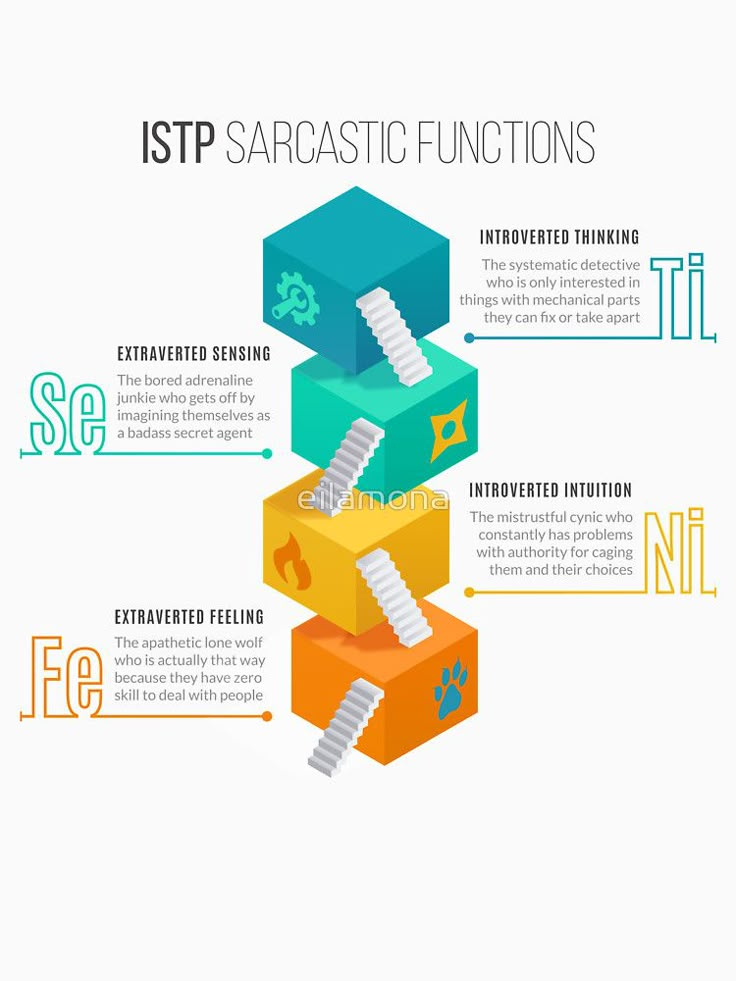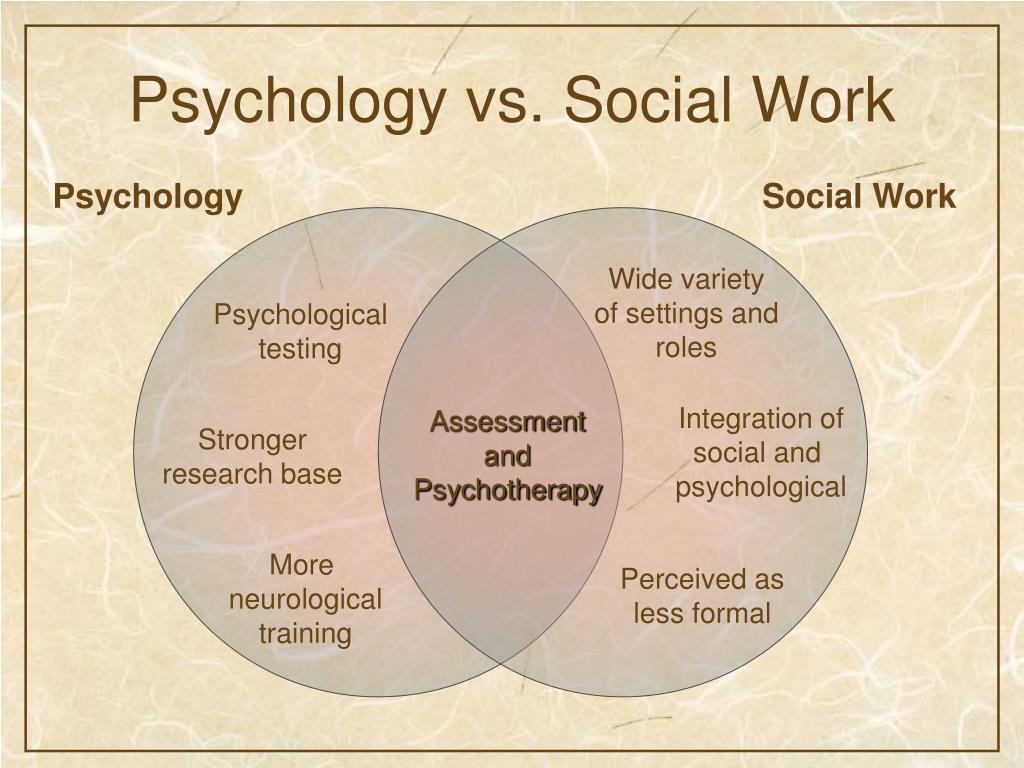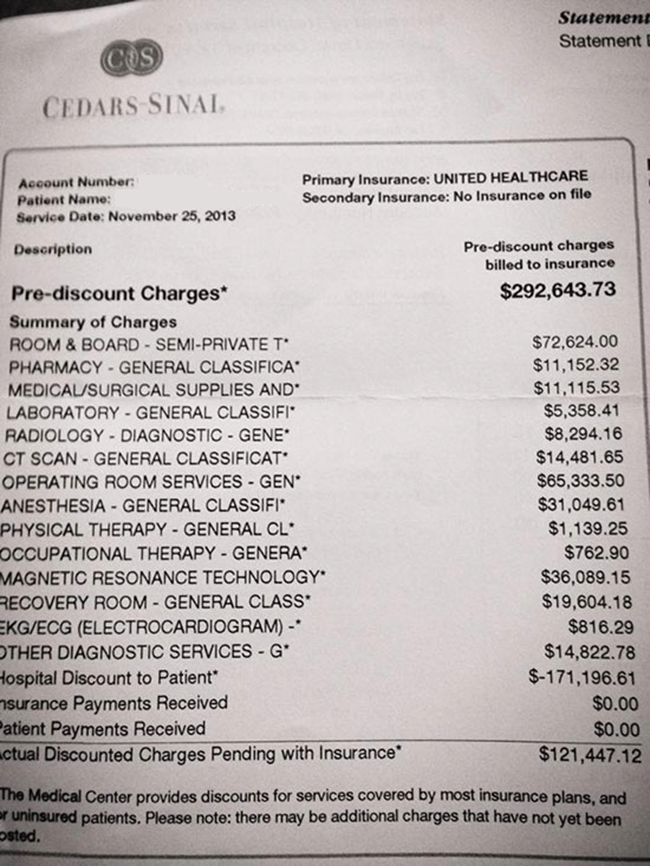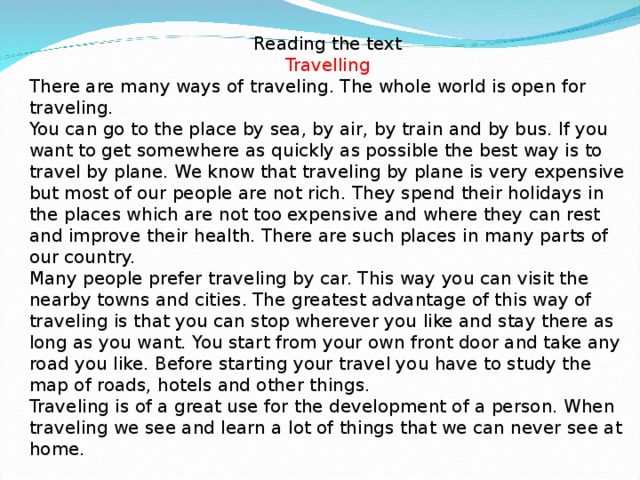How to stop eating when bored or stressed
How to Stop Eating out of Stress or Boredom
Woman standing in front of open refrigerator
Credit: GETTY / AJ_Watt
You had a bad day, so you head to the freezer, grab ice cream, move to the couch and dig right in. You don't feel physically hungry, but eating ice cream is comforting. This is referred to as emotional eating or stress eating. These terms are often used interchangeably, and both refer to turning to food to cope with emotions.
According to Psychology Today, "Emotional eating refers to consumption of food for the purpose of regulating one's emotional states." This is in contrast to wandering into the kitchen because you are bored and grabbing some snacks. That's
boredom eating. Studies classify boredom as feeling that your current situation lacks purpose. You feel restless, dissatisfied or unchallenged with what you're doing. "The excitement or stimulation certain foods offer may help to distract people's attention from the bored self," explains a 2015 study.
Then there's popping popcorn in your mouth while watching TV or eating snacks after dinner while scrolling on your phone. That's mindless eating. Mindless eating refers to eating without awareness of what you're consuming or where you're consuming it.
Finally, you might eat because you're craving something specific. You may want some chocolate even though you aren't feeling physically hungry, stressed or bored.
There are many different reasons we eat:
- Physically hungry—you may feel your stomach growl, have a headache or feel shaky
- Stress/emotional eating—turning to food to cope with emotions
- Boredom eating—turning to food when bored
- Mindless eating—eating without awareness of what, where or how much you're eating
- Craving—eating because you are craving something specific
None of these is wrong. The most important thing is to stop and ask yourself, "Why am I eating right now?" and then decide the best course of action depending on that answer.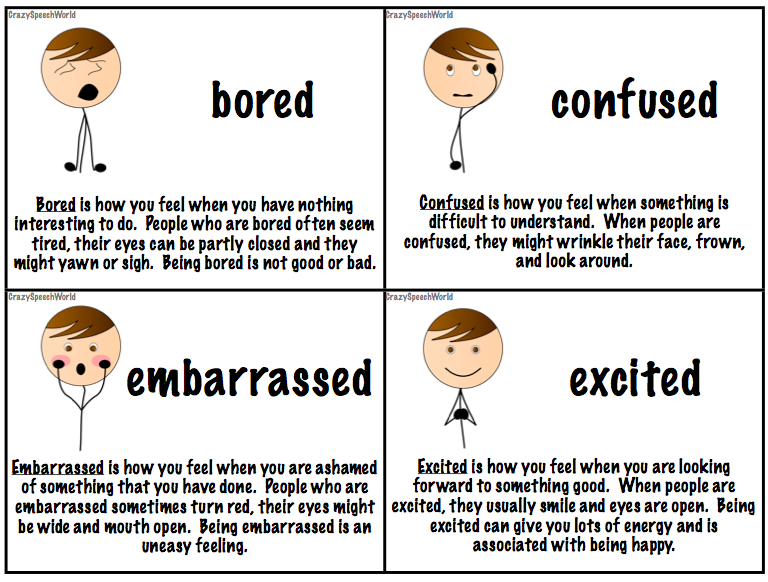
Why do we eat when stressed or bored?
Biology and environment both play a role. "At the surface, stress eating and eating when you're bored appear very similar. They are both reactions to our environment but the main difference is how they affect your body. When you're stressed your body releases large amounts of the hormone cortisol." says Katie Oetken RD, LD, M.P.H., a registered dietitian at Nutrition in Motion.
Cortisol increases appetite and can lead to weight gain. Stress also raises ghrelin, the "hunger hormone," which stimulates appetite too. Food is comforting and pleasurable—especially refined carbohydrates like pasta, bread and desserts (and we tend to crave those carbs when we're stressed). Combine that with the fact that cortisol increases the body's need for glucose (aka sugar), and it's no surprise you've found yourself eating ice cream on the couch.
"Meanwhile, insufficient sleep is also linked to a reduction in satiety hormones and an increase in hunger hormones," says Didi de Zwarte, RD. She says this could mean you're more likely to feel hungry, even though you could be eating the same amount of food. "An important strategy to help manage stress and boredom eating is to make sure you prioritize sleep. Aim for your seven to eight hours a night, and you may find it easier to limit your emotional and boredom snacking," de Zwarte says.
She says this could mean you're more likely to feel hungry, even though you could be eating the same amount of food. "An important strategy to help manage stress and boredom eating is to make sure you prioritize sleep. Aim for your seven to eight hours a night, and you may find it easier to limit your emotional and boredom snacking," de Zwarte says.
How to stop stress eating or eating when you're bored
First, figure out which one you're experiencing. "Only you can tell the difference between when you're stress eating or eating out of boredom. Take a moment to tune into your body to find out which it is," says Bri Bell, RD, a registered dietitian at Frugal Minimalist Kitchen. "Either way, it's perfectly normal and OK to eat due to stress or boredom or any other emotion on occasion. Beating yourself up about it only adds to the stressful emotions!"
"That being said, don't let eating become your only way of coping with emotions," says Bell. "Just like having a glass of wine after a stressful day is perfectly fine on occasion, but becomes problematic when relied too heavily upon. "
"
Bell recommends making the majority of coping strategies health-promoting, such as "exercising, talking to friends and family, getting out in nature, listening to music or doing a hobby." Try out these tips.
1. Breathe
Jamie Lee McIntyre, M.S., RDN, says, "Focus on deep breathing for two to three minutes or step outside for fresh air, allowing the outdoor light to hit your face. Your stress won't disappear, but this can help create a buffer between the urge coming on and the act of eating and buy you time in deciding the best way to react."
2. Make an activity list
"Write a to-do list filled with both productive and fun things, like tidying up an area of your house, calling a friend to check in, putting together a puzzle, completing a five-minute online workout video, etc.," says McIntyre. This strategy works whether you're stressed or bored. "Pick two things to accomplish, then reassess if you need to eat. If you're bored, you'll be in a more productive or motivated mindset to move on to something else that doesn't involve eating!"
3.
 Exercise
Exercise "Any type of physical activity can help keep the stress at bay and help regulate hormones," says Oetken. If you're bored and not physically hungry, go work out first and then eat if you still feel the urge.
4. Set up your environment for success
Put tempting foods behind closed cabinets or up high where you aren't as likely to see them. In contrast, store healthy foods in see-through containers. It may sound silly, but research finds keeping healthier food in plain sight and less-healthy treats out of sight can help you choose healthier options more frequently. You might not be able to control the fact that you're stressed, but you can create an environment where you're less likely to turn to food.
5. Eat balanced meals and get enough sleep
Fill your plate with fiber, protein and healthy fats at each meal. This combo keeps hunger and satiety hormones working properly and keeps you full for several hours. Sleep seven to eight hours each night to avoid cravings the next day.
The Bottom Line
We eat for different reasons—stress, boredom, physical hunger and cravings. None of these reasons are wrong, but over the long term they can lead to weight gain and health issues if food is your only coping mechanism. Before you put food in your mouth, stop and ask why you're eating. If it's because you're stressed or bored, eat a small amount, then move on and find other activities to relieve stress or keep you occupied. Or skip eating the small amount and go find something else to do, coming back to eat when you feel physically hungry.
13 Ways to Stop Eating When You’re Bored
If you eat when you’re bored, you’re not alone.
It’s not unusual to reach for a snack when there isn’t much else to do, even when you aren’t actually hungry.
Boredom eating from time to time can be completely normal and nothing to worry about. However, it may be frustrating for some people and have health implications, including weight gain (1, 2, 3, 4).
Here are 13 simple tips to keep from eating when you’re bored.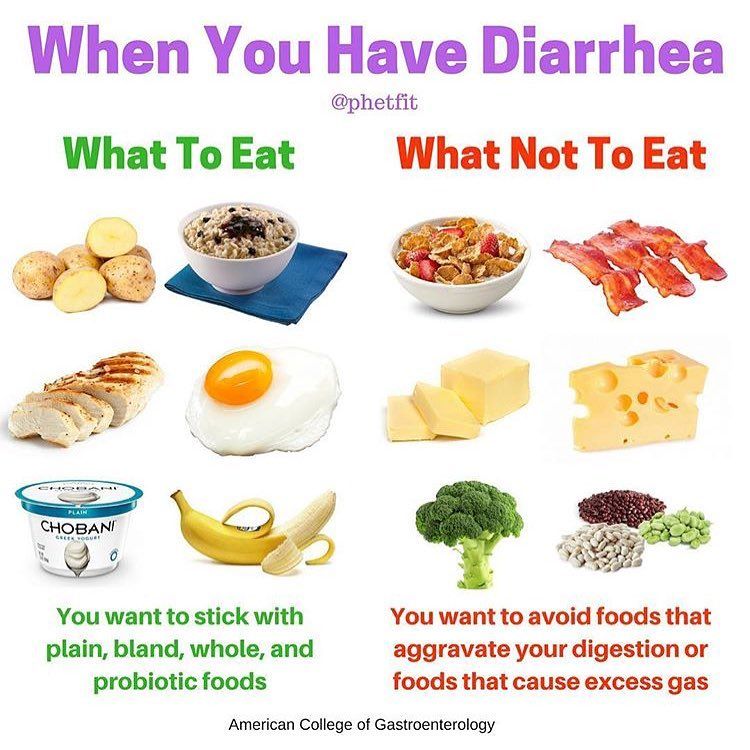
A word of caution
If you’re concerned you could be experiencing symptoms of disordered eating, reach out to a trained professional for help.
You can find many resources through the National Eating Disorders Association.
There are many reasons why you might be eating when you’re bored.
Often an external trigger, such as the sight or smell of food, makes us reach for a snack.
One way to prevent boredom eating is to maintain a healthy diet.
A diet that leaves you feeling full and satisfied over the course of the day leaves less room for wondering about whether you should have a snack when you’re bored.
1. Eat regularly throughout the day
Try to spread out your calorie intake throughout a regular meal and snack schedule. This may keep you more full and less hungry than eating the same number of calories on a less regular meal schedule (5).
If you’re feeling content with your food choices for the day, you might be less likely to reach for a snack when you’re bored.
What’s more, knowing that you plan to eat a meal or snack in the next few hours could be motivation to hold back from eating until then.
The same meal schedule doesn’t work for everyone. Some people like to have three meals and a few snacks each day, while others may prefer to have more or less.
Finding a routine that works for you and sticking with it seems to matter more than exactly how many meals and snacks you have each day.
2. Don’t restrict your favorite foods
If you tend to crave or reach for certain foods when you’re bored, you might be tempted to completely stop eating those foods to remove the temptation.
However, for some people, research shows this approach might be counterproductive.
If you find you’re more susceptible to food cravings, depriving yourself of certain foods might make you crave them more in the short term (6, 7, 8).
Rather than eliminating the foods you crave, try eating them regularly but in moderation. This might help reduce your urge to snack on those foods when you’re bored.
3. Have nutritious, filling snacks
When you’ve just had a filling meal or snack, you may be less likely to associate feeling bored with wanting to eat.
Certain foods are more filling than others.
Some particularly filling foods include (9, 10, 11, 12, 13, 14, 15, 16):
- Protein: eggs, fish, meat, yogurt, cottage cheese
- Fiber-rich foods: oatmeal, quinoa, whole grains, legumes, popcorn
- Foods high in water: fruits, vegetables, soups
4. Eat from a plate
Sometimes it’s hard to distinguish between hunger and boredom.
Ocassationally, there may still be times when you reach for a snack when you’re bored.
To avoid overeating and letting boredom get the best of your appetite in those moments, portion your snacks onto a plate or serving dish rather than eating them directly from the bag or container.
Visual cues, such as the plate size, container size, and even the type of dish you eat from, can all influence how much you eat (17, 18, 19).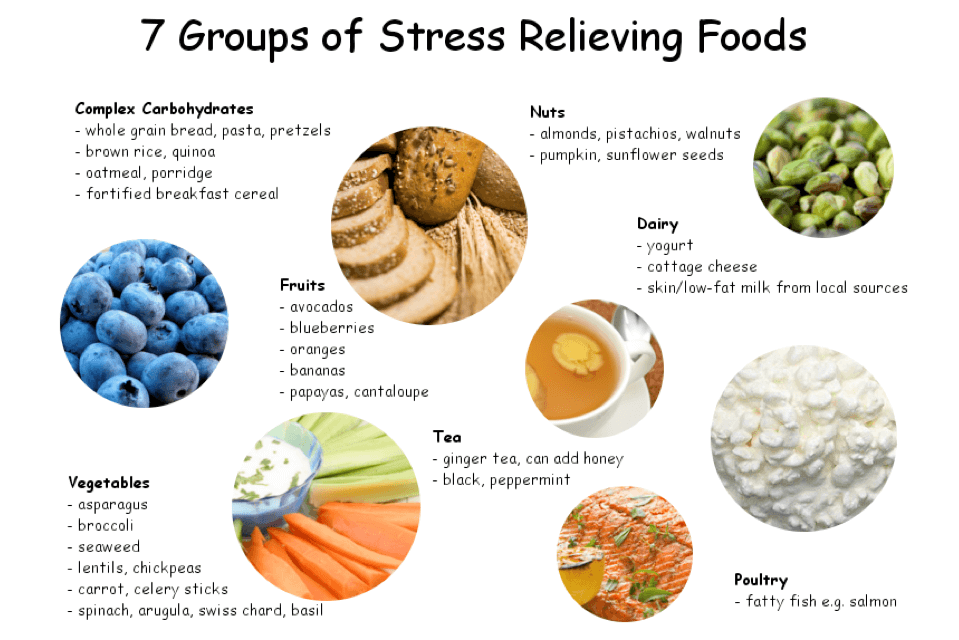
SummaryEating a healthy diet comprising regular meals, nutritious and filling snacks, and appropriate portion sizes may be more satisfying and thus make it less tempting to eat when you’re feeling bored.
Researchers know that your emotions and mood often influence when, what, and how much you eat (20, 21).
Experts have also suggested that how well you regulate your emotions can influence boredom eating. Poor emotional regulation could potentially lead to an increase in eating when you’re feeling bored (22, 23).
Practicing self-awareness and developing a better understanding of how your own emotions are influencing your appetite is a great starting place to combat boredom eating.
5. Eat mindfully
To be mindful means to be conscious, aware, and focused on the present moment.
To eat mindfully means to be aware of your mental and physical states related to food.
Some studies have found mindfulness is particularly helpful at helping people reduce eating in response to emotions like boredom (24, 25, 26).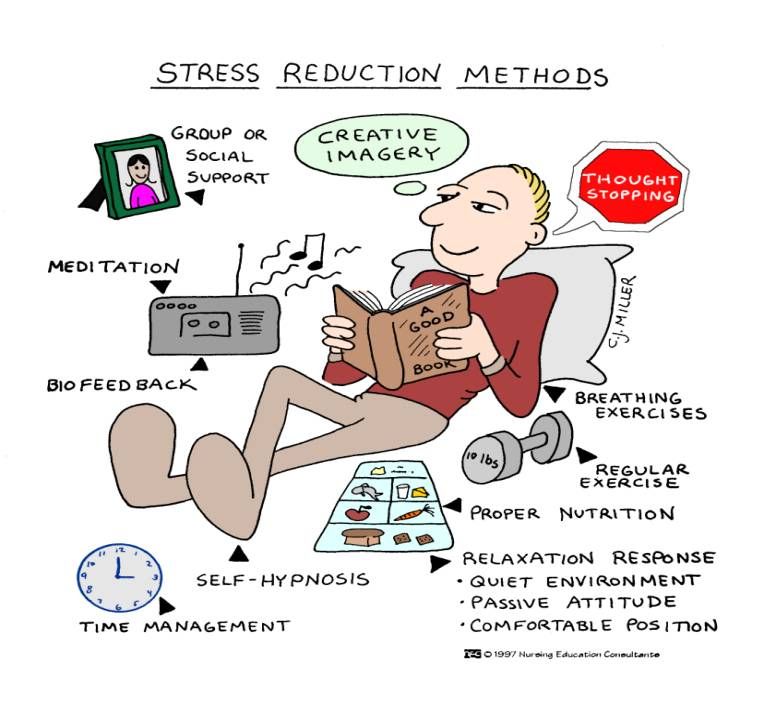
Mindful eating is useful in differentiating between boredom and hunger, as it emphasizes paying close attention to your cravings and hunger and fullness cues.
6. Know your hunger signs
Being perceptive of your specific hunger and fullness signs may be one of the most effective ways to determine whether you’re hungry or bored.
When your body is physically hungry and in need of calories for energy, you may notice signs like your stomach growling, a headache, and feelings of weakness or fatigue.
On the other hand, when you’re experiencing boredom hunger — or another type of emotional hunger — you may crave a certain food without any of the traditional signs of physical hunger.
7. Embrace being bored
Throughout 2020 and into 2021, people reported feeling bored at higher rates than usual due to the COVID-19 pandemic (27).
In certain situations, being bored too often may have detrimental health effects, such as increased rates of depression and altered eating habits (1, 28).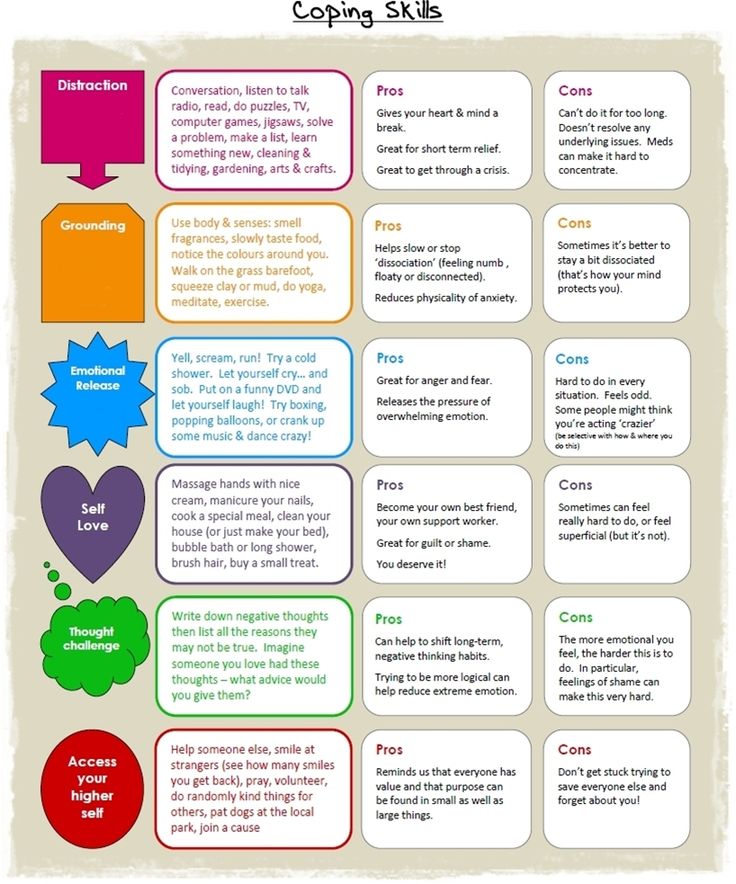
Still, a little boredom is OK and normal to experience from time to time.
What’s more, research has linked boredom to certain benefits. For example, it may help motivate creativity (29, 30).
Trying to prevent boredom or override the feeling by eating and finding other distractions doesn’t always work. You might find meaning in the downtime by trying to embrace boredom instead.
8. Take it easy on yourself
Remember, it’s normal to reach for a snack out of boredom on occasion.
When it happens, don’t take it as a failure.
Rather, use it as a learning experience and opportunity to treat yourself with kindness and compassion.
SummaryYour mood and emotions play a significant role in psychologically induced hunger like boredom eating. Learning to be aware of your emotions, hunger triggers, and fullness cues can help prevent you from eating because you’re bored.
Much of what you eat is influenced by your environment, and the same goes for when and how much you eat.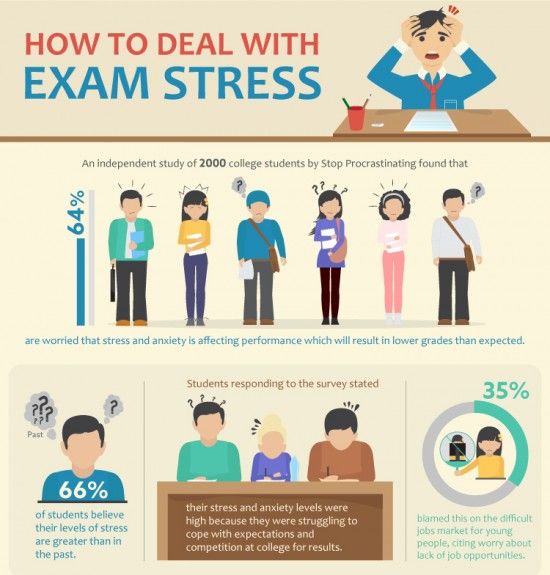
Here are a few specific ways you can tailor your environment to discourage yourself from boredom eating when the urge strikes.
9. Know your triggers
Especially when it comes to psychological types of hunger like boredom eating, external factors often trigger the urge to eat.
Identifying the triggers in your life that tend to cause the urge to eat when you’re bored is key to breaking the habit.
Some common triggers to be aware of are stress, food availability, and pictures of food (31, 32, 33, 34).
Make notes in a food journal about what you’re doing and your environment when you feel the urge to eat. This might help identify — and stop — boredom eating patterns.
10. Avoid the urge to eat in front of a screen
Eating in front of a screen while you’re bored can influence you to overeat when you aren’t even hungry.
Many people turn to screen-based activities like watching TV or scrolling on their phone when they’re feeling bored.
Some studies have found that people tend to eat more than they otherwise would when they’re distracted or in front of a screen, such as a TV or computer (35, 36, 37).
Break associations you might have between eating and screen time by making a point of eating meals at a table — not in front of the TV — and putting your phone away while you’re dining.
Consider replacing mindless eating during screen time with another activity, such as knitting, doodling, or playing with a toy or piece of jewelry, to keep your hands busy while you watch TV.
11. Change your scenery
Sometimes all it takes to get your mind off food when you’re feeling bored is a little change of scenery.
When you’re bored and fighting the urge to snack, standing up and moving to a new location — even if it’s just from one room to another — may be enough to distract your mind from food until the boredom passes.
SummaryExternal factors often trigger urges to eat when you’re not physically hungry. Identifying the factors in your environment that trigger boredom eating is key to breaking those habits.
To be bored means that you’re feeling uninterested in your current activity.
The same goes for boredom eating.
You may eat simply as a way to escape the regular routines of the day (38, 39).
Adding variety to your day keeps things feeling fresh and exciting, and it might fend off boredom eating.
12. Take a walk
When you’re feeling bored, taking a walk not only provides a distraction from any urges to snack but also physically removes you from food temptations.
Sometimes a quick 10–20-minute walk is all it takes to recenter yourself and forget about the urge to snack out of boredom.
If you’re not able to take a walk, you might find it helpful to take a few minutes to stretch or do breathing exercises.
13. Make new habits
One of the upsides of being bored is that it can drive you to try new things.
Next time you feel bored, take a few minutes to think about how you’d really like to be spending that time.
Is there a new hobby you’d like to try or an old book that you never got around to reading?
Try to look at boredom as a space for meaningful stimulation in your day.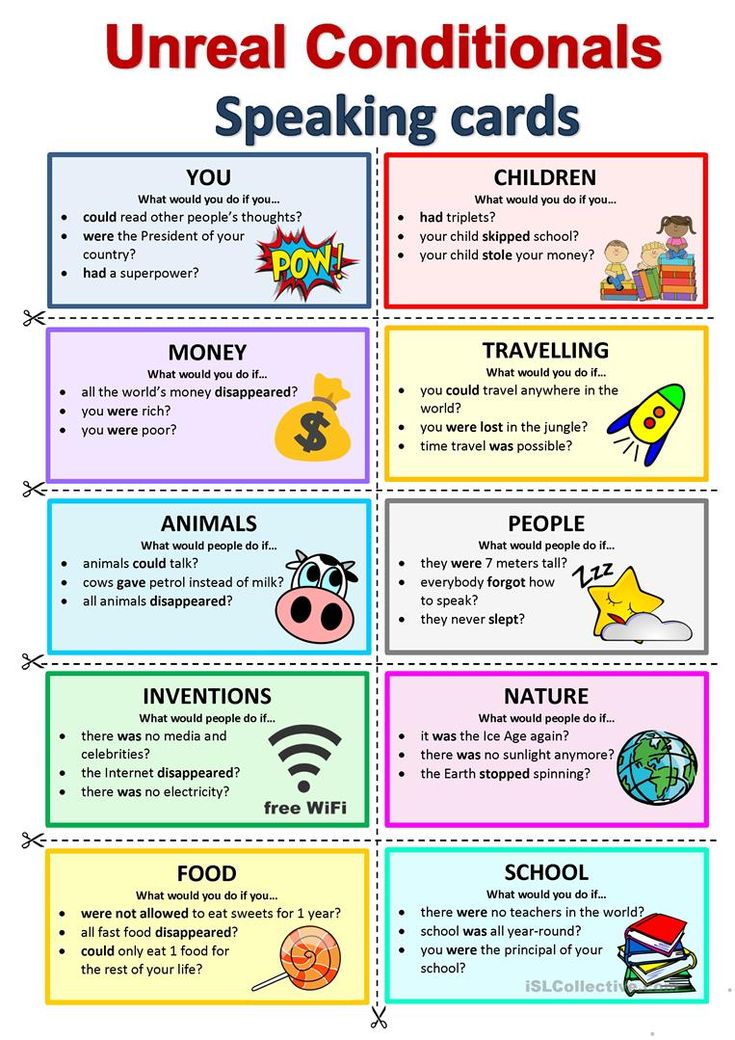
SummaryTo prevent boredom eating from becoming habit, try to keep your days from becoming too tedious or repetitive. Activities like talking a few short walks or periodic stretch breaks during the day provide a mental and physical break from usual routines.
Particularly between 2020 and 2021 during the COVID-19 pandemic, many people reported increased feelings of boredom and altered eating habits, as well as side effects like weight gain (1, 27).
Boredom eating in unique situations like this may be nothing to worry about. It’s normal to feel an urge to eat when you’re bored, even on a regular basis.
Yet, if boredom eating is affecting your mental or physical health with side effects like weight gain and anxiety, you may be looking for a way to stop.
In that case, some of these tips to address boredom eating could work for you.
Try out a few to see which ones work best for your circumstances.
Just one thing
Try this today: Start a food journal and list the triggers that influence you to eat out of boredom. In other words, what external factors make it more likely you’ll eat while you’re bored? Once you identify these, you can find ways to avoid them or deal with them when they happen.
In other words, what external factors make it more likely you’ll eat while you’re bored? Once you identify these, you can find ways to avoid them or deal with them when they happen.
How to Stop Boredom Eating
Are you used to chewing something when you are bored? We have 13 tips to help you break this habit.
Petr Yastrebov
Tags:
Question answer
Popular
weight loss
Diet for weight loss
Getty Images
It's not unusual to have a snack when there's nothing to do, even if you're not really hungry. Eating out of boredom from time to time can be completely normal and nothing to worry about. However, sometimes this can have health consequences, including weight gain. Here are 13 tips on how to stop overeating out of boredom.
1. Eat regularly throughout the day
Try to spread your calorie intake around your regular meal and snack schedule. This can make you feel fuller and less hungry than eating the same amount of calories on a less regular eating schedule. If you're happy with your food choices for the day, you'll be less likely to snack when you're bored. What's more, knowing what you plan to eat or snack in the next few hours can be a motivation to refrain from eating until then. nine0003
The same meal schedule is not for everyone. Some people are fine with three meals each day, while others may prefer more or less. Finding the right routine for you and sticking to it seems to matter more than the exact number of meals and snacks you eat each day.
2. Don't Limit Your Favorite Foods
If you tend to crave certain foods when you're bored, you might be tempted to give up those foods entirely to get rid of the temptation. However, for some people, this approach can be counterproductive. Instead of cutting out foods, try eating them regularly but in moderation. This can help reduce the urge to snack on these foods when you're bored. nine0003
However, for some people, this approach can be counterproductive. Instead of cutting out foods, try eating them regularly but in moderation. This can help reduce the urge to snack on these foods when you're bored. nine0003
3. Choose nutritious, satisfying snacks
When you've just eaten or had a snack, you're less likely to associate feelings of boredom with the desire to eat. Some foods are more satisfying than others. Particularly satisfying foods include:
- Proteins: eggs, fish, meat, yogurt, cottage cheese.
- Fiber-rich foods: oatmeal, quinoa, whole grains, legumes, popcorn.
- Foods with a high water content: fruits, vegetables, soups. nine0042
( See also: Why we eat stress and how to stop doing it)
4. Eat off your plate
Sometimes it's hard to tell hunger from boredom.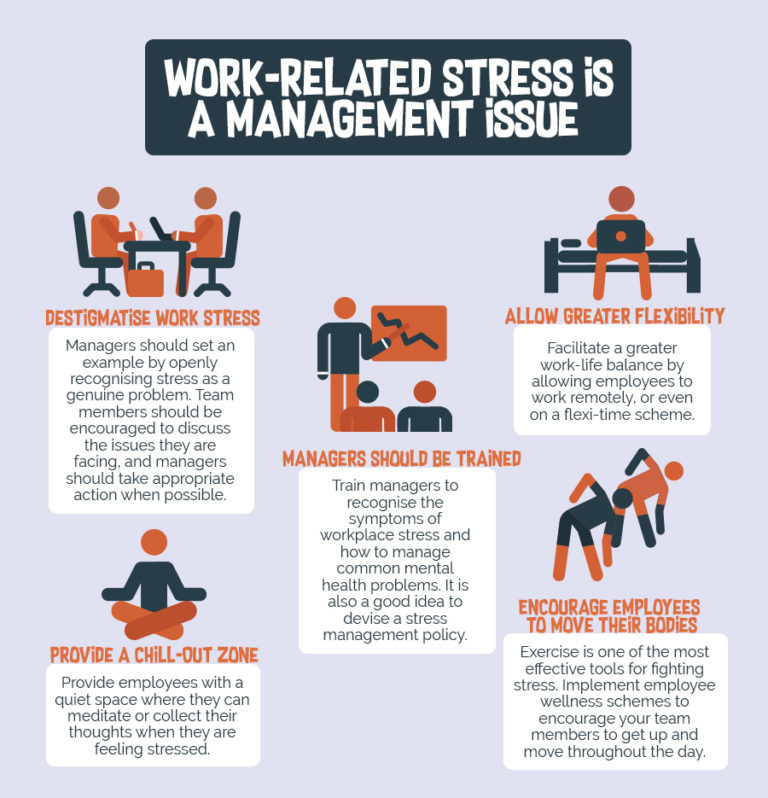 In order not to overeat at such moments and not let boredom get the better of your appetite, arrange snacks on a plate, and do not eat them directly from a bag or container. Visual cues, such as the size of the plate you are eating from, can influence how much you eat.
In order not to overeat at such moments and not let boredom get the better of your appetite, arrange snacks on a plate, and do not eat them directly from a bag or container. Visual cues, such as the size of the plate you are eating from, can influence how much you eat.
5. Eat mindfully
Eating consciously means being aware of your mental and physical state associated with food. This mindfulness is especially helpful because it helps people reduce their food intake in response to emotions like boredom. Mindful eating is useful for distinguishing between boredom and hunger, as it emphasizes the need to pay close attention to your desires, as well as hunger and satiety cues.
6. Know Your Signs of Hunger
Perceiving your specific signs of hunger and fullness can be one of the most effective ways to tell if you are hungry or bored. When the body is physically hungry and needs calories for energy, you may notice signs such as stomach rumbling, headache, and feeling weak or tired. On the other hand, when you are hungry out of boredom (or another type of emotional hunger), you may crave certain foods without any of the traditional signs of physical hunger. nine0003
On the other hand, when you are hungry out of boredom (or another type of emotional hunger), you may crave certain foods without any of the traditional signs of physical hunger. nine0003
7. Embrace your boredom
In certain situations, being bored too much can have detrimental health effects, such as increasing depression and changing eating habits. However, a little boredom from time to time is normal. Moreover, boredom can have certain advantages. For example, it can encourage you to get creative.
( Read also: 5 tips to stay motivated when you're on a diet)
8. Relax
Remember that sometimes you can eat out of boredom. When this happens, don't take it as a defeat. Rather, use it as a learning experience and an opportunity to treat yourself with kindness and compassion.
9. Know your triggers
External factors often trigger the desire to eat, especially when it comes to psychological types of hunger such as boredom.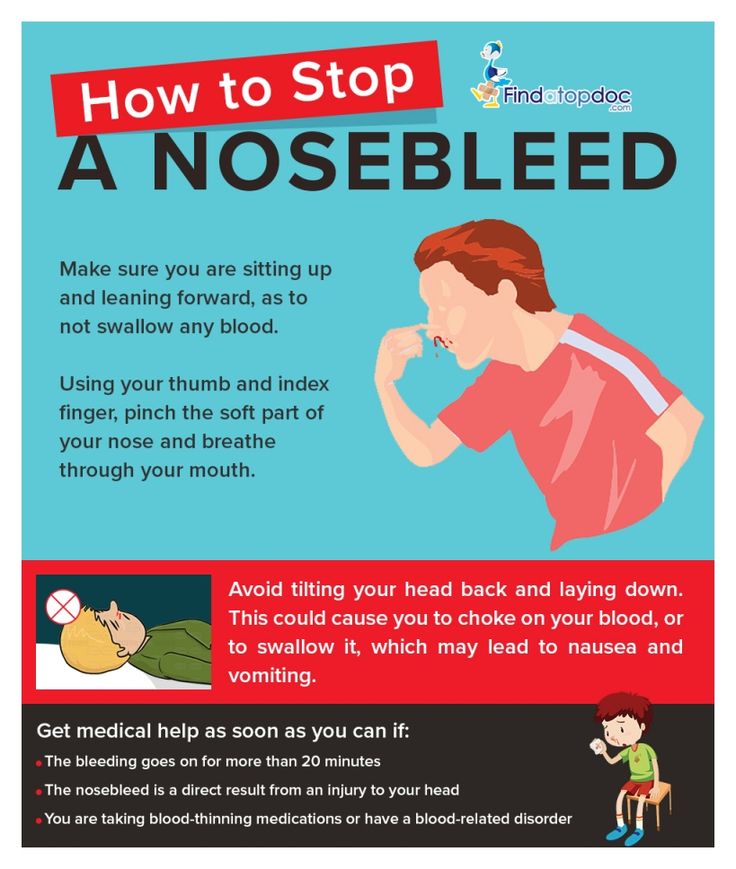 Identifying the triggers in your life that make you want to eat when you're bored is the key to kicking the habit. Common triggers to be aware of are stress, food availability, and food images. Make notes in your food diary about what you do and what is around you when you feel like eating. This can help identify—and stop—the habit of eating out of boredom. nine0003
Identifying the triggers in your life that make you want to eat when you're bored is the key to kicking the habit. Common triggers to be aware of are stress, food availability, and food images. Make notes in your food diary about what you do and what is around you when you feel like eating. This can help identify—and stop—the habit of eating out of boredom. nine0003
10. Avoid wanting to eat in front of a screen
Eating in front of a screen when you are bored can make you overeat even when you are not hungry. People tend to eat more when they are distracted or in front of a TV screen or computer monitor. Get rid of the associations you may have between food and screen time, eat at the table instead of in front of the TV, and put your phone down during dinner. Consider replacing mindless eating while watching a screen with another activity like painting or playing with a toy to keep your hands busy while you watch TV. nine0003
( See also: What is binge eating and how to deal with it)
11.
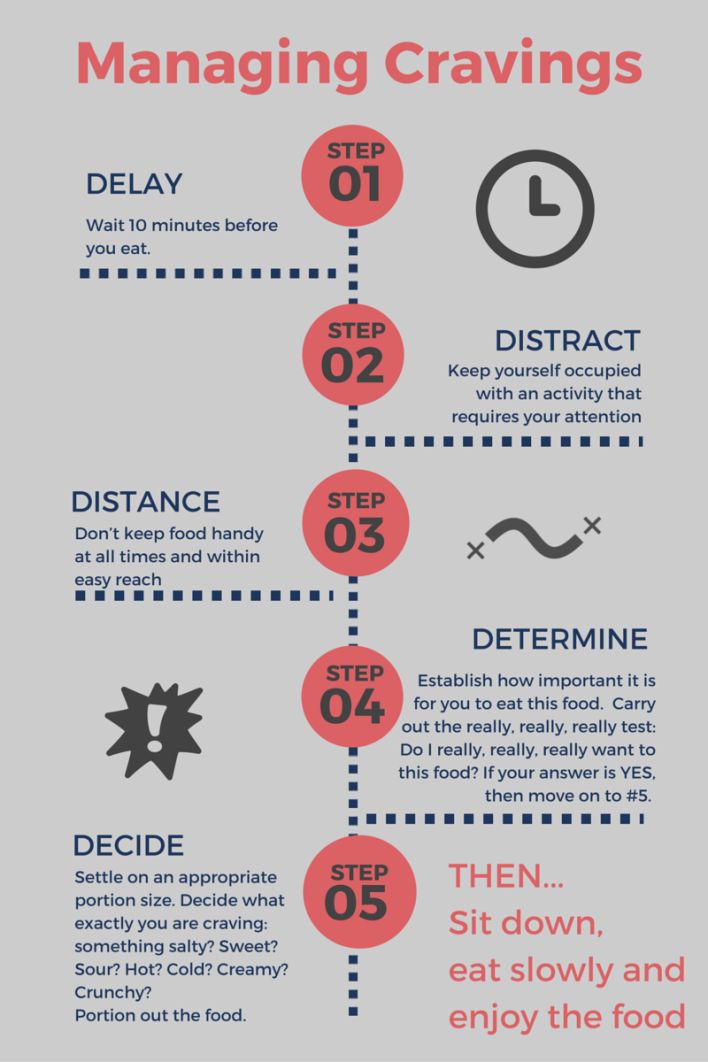 Change your landscape
Change your landscape Sometimes all it takes to take your mind off food when you're bored is a little change of scenery. When you're bored and fighting the urge to eat, getting up and moving to a new place—even just from one room to another—may be enough to distract you from eating until the boredom wears off.
12. Take a walk
When you're bored, walking not only takes your mind off any urge to eat, it also physically relieves you of temptations. Sometimes a 10-20 minute walk is all it takes to re-focus and forget about the desire to snack out of boredom. If you can't go anywhere, you might find it helpful to spend a few minutes stretching or doing some breathing exercises.
13. Make New Habits
One of the benefits of boredom is that it can motivate you to try new things. The next time you get bored, think about how you would really like to spend that time.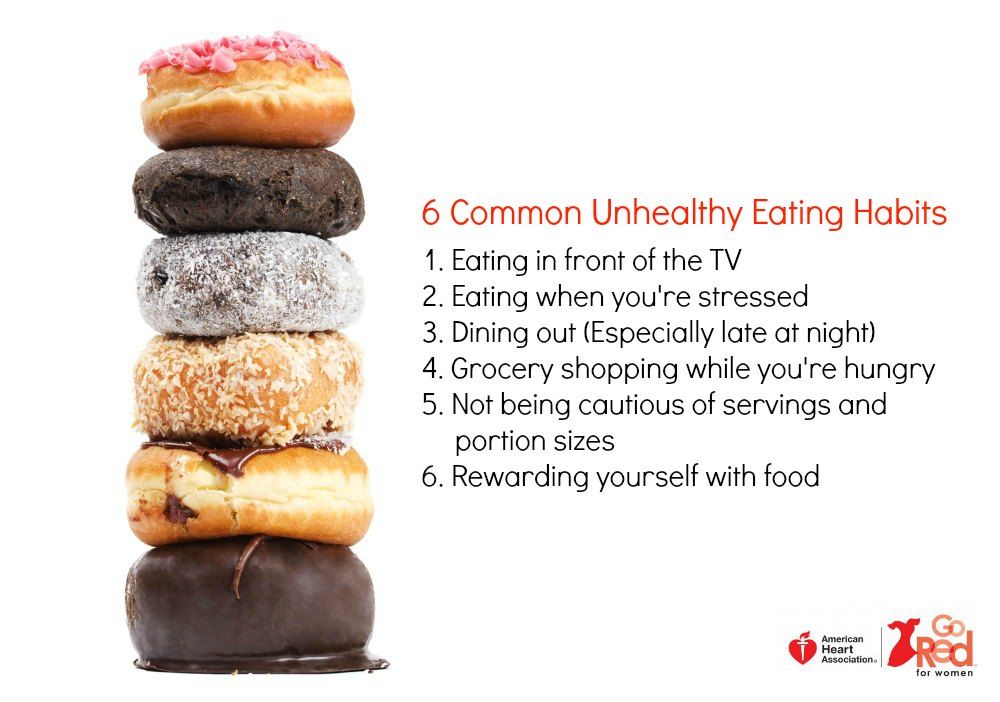 Do you have a new hobby or an old book that you have been wanting to read for a long time? nine0003
Do you have a new hobby or an old book that you have been wanting to read for a long time? nine0003
( See also: 3 Tips on How to Avoid a Diet Breakdown)
How to Stop Boredom Eating
If you find yourself eating a lot outside of the main meals, the reason may be hunger. But it can also be caused by boredom or stress. If you eat when you're bored, don't fret. You are not alone! However, overeating as a result of boredom or stress can lead to diabetes, obesity, heart disease, and other serious illnesses. It will also not solve the main problem leading to overeating. nine0003
Fortunately, you can learn healthy habits and fight off boredom attacks. Also check out 10 delicious homemade snacks that are easy to make.
Method 1. Assess your eating behavior
1. Keep a food diary. Keeping a diary can help you analyze what you eat every day. This will help control your eating habits. You will begin to pay more attention to what, how and at what time you use. nine0003
nine0003
- Write down everything you eat and drink in a diary. Also consider the calorie content of foods, if you want. Use a paper diary, phone or computer. The most important thing is persistence.
- Record the time and amount of food eaten. For example, 9:45, 2 sandwiches.
- Note what you did during this time. Also write down what mood you were in. For example, 9:45, 2 sandwiches. I ate this at my desk during my break. I felt stressed because of a very important project. nine0042
2. Review the diary every week. A week after you start your diary, look back and flip through it. Review each entry carefully. For example, how often do you eat when you feel tense? Where are you and what do you do when you eat?
- Also note the different behaviors. For example, if you notice that you eat a lot at work, but not very much when you are at home in the evening, then you may not have enough incentive to work. Or maybe you're stressed out at work and use food as a distraction.
 nine0042
nine0042
3. Think about your eating habits. What kind of food do you choose when you are bored? Many people gravitate toward fatty, sugary, or high-carb foods when they feel sad, bored, or stressed.
- If you tend to eat whatever you can get your hands on, surround yourself with healthy foods. If you buy food from vending machines at school or work, try to choose the healthiest snacks. So you replace the unhealthy with the healthy, which will be less detrimental to you. nine0047
- Many people find themselves snacking during various activities (reading, watching TV). In some cases, you can eat up to 71% more calories if you eat in front of the TV.
- Monitor fluid intake. Studies show that a large number of people do not notice thirst. Most often they confuse the symptoms of thirst with the symptoms of hunger. Drinking enough water will help you reduce the urge to snack. High levels of anxiety can also be the reason for feeling thirsty. nine0042
- Rate hunger on a scale of 1 to 10, where 1 is "very full" and 10 is "I'm going to die if I don't eat pizza now." You won't be entirely accurate at first, but this trick will help determine if you're really hungry over time.
- Pay attention to the physical signals. Rumbling in the abdomen, headache, feeling weak and trembling, or feeling tired for no particular reason. All of these signals may indicate that you are hungry.
- Think about whether you are hungry or just craving something? In many cases, if you crave certain foods, such as chocolate, macaroni, or cheese, you simply want a sense of satisfaction from the specific taste of those foods. nine0042
- Put everything you are going to eat on a plate, including snacks. This will help you eat wisely. You can also control portion sizes by swapping out your regular plate for a smaller plate. nine0042
- Make a personal meal schedule. Make time for a snack. This will help you cut down on the amount of food you eat. Eat at a certain time, this will bring more meaning to your eating behavior.
- Foods rich in water, such as vegetables and fruits, will fill you up very well. Try to include them in all meals. If you need to snack, choose a few carrots instead of chips: 30 grams of carrots contain 25 calories, instead of 152 calories in 30 grams of potato chips.
- Low-sugar, high-protein breakfasts are the best choice for those who want to be mindful and not get too hungry during the day.
- A good breakfast increases alertness and productivity throughout the day. Because of boredom, your attention can often be scattered, it is difficult for you to concentrate on your own thoughts and deeds. If you eat healthy breakfasts every day, the effect will not be long in coming.

- If you want a chocolate bar, buy a small bar and eat only one piece. Research shows that you get more satisfied with a small portion of your favorite food than a large portion of the same food.
- Scientists suggest changing activities during boredom, for example, making a list of useful activities that will get you out of your usual rut. Puzzles and other activities that get you creative will also be very helpful. nine0042
- Any activity that helps push the desire to eat into the background will be very helpful. While you're busy, you have time to think about whether you're really hungry or want something to chew on because you have nothing to do. nine0042
- If you cannot meet your friends in person at the moment, write to them on social networks, send a message or call.
 Boredom will disappear without a trace.
Boredom will disappear without a trace. - If you find yourself at a party where you don't know anyone, play a game. Can you say something interesting or nice to a few people? Focus on the small. Interpersonal relationships can help you deal with boredom. nine0042
- Situations with uncertain rewards or poor feedback can also cause boredom. For example, no matter how well you drive a car, if you are stuck in a traffic jam, no amount of effort will help you change your position. You just need to wait until the blockage is cleared. Also, you cannot know how long it will take to fix it. It could be 10 minutes, or it could be 2 hours. This is the main cause of boredom, since you cannot influence the situation on your own, you do not know when and if your “reward” will come. nine0042
- People tend to be most satisfied when they solve a problem in spite of doubt. If they expect success and receive some kind of reward for completing a task, they are less prone to boredom.
- For some, a high level of boredom is a characteristic feature. Such people will be bored even in those situations in which others will not find a place for boredom.
- Some react to boredom with movement rather than lethargy. Such people may wiggle their legs or tap their fingers on furniture.
- You can get bored even in a highly stimulating environment if you have trouble communicating. For example, if you don't know anyone at a party, you might get bored even if something interesting happens. nine0042
- Researchers have identified several components of boredom. It appears when you have been focusing on internal information (thoughts, feelings) and / or external information (what is happening around) for a long time.
 Use this information to participate in your surroundings in order to feel fulfilled (the opposite of boredom).
Use this information to participate in your surroundings in order to feel fulfilled (the opposite of boredom). - When you become aware of the fact that you concentrate on something for a long time, you will find the cause of your difficulties.
- Explain to yourself why you put off some things, avoiding responsibility. For example, you can say, "I have nothing to do." You probably have something to do, but boredom pushes responsibility into the background. nine0042
- Stress has been proven to cause attention problems. When you are under stress, you have trouble concentrating or being interested in something.
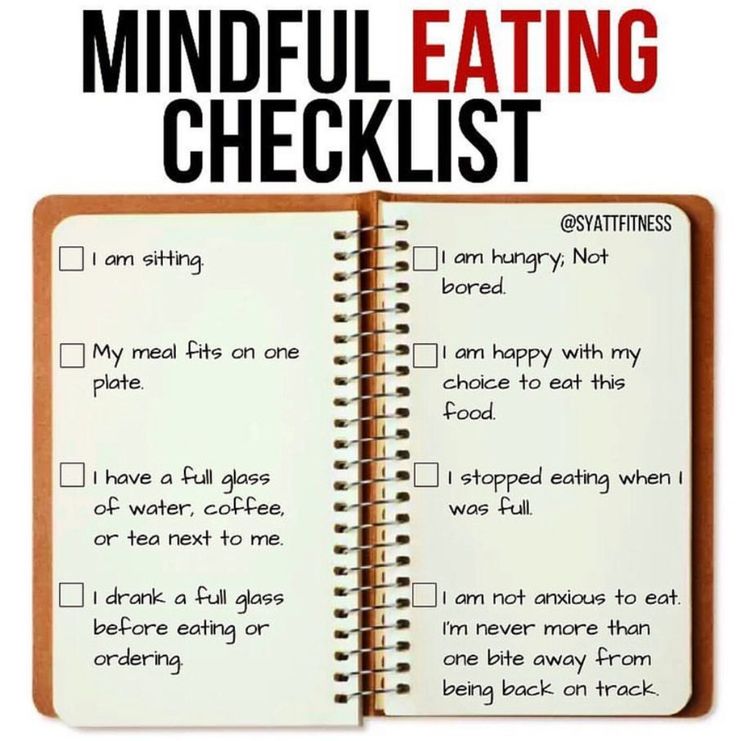 This is the perfect breeding ground for boredom. nine0042
This is the perfect breeding ground for boredom. nine0042 - Everyone experiences stress differently. For some people, stress manifests itself in the form of physical symptoms such as headache, indigestion, heartburn, fatigue, muscle aches and tension. For others, it manifests itself in anger, sadness and depression. You may even experience a combination of symptoms.
- Fight laziness by setting tight deadlines for your projects.
- Get rid of sources of stress as much as possible. This will help you avoid delays.
- Try not to judge yourself too harshly for laziness.
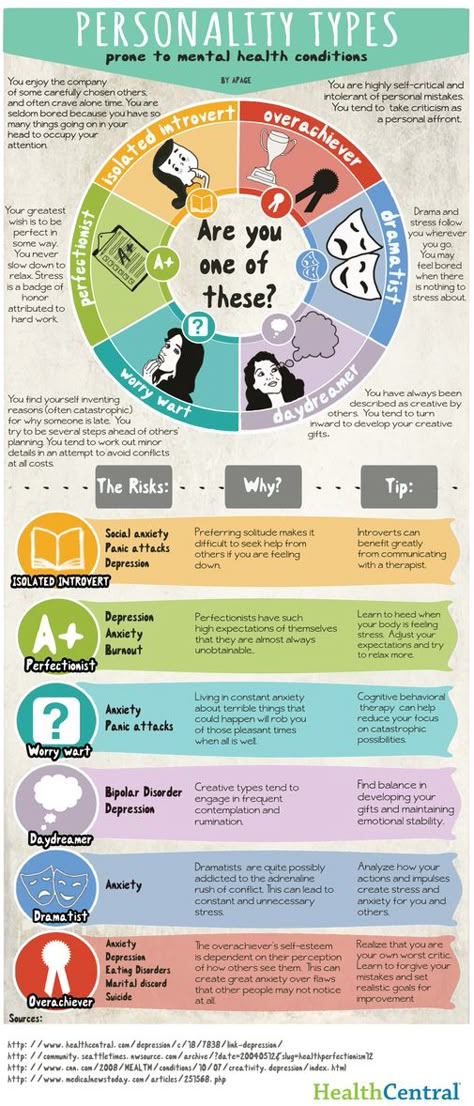 Research shows that forgiving yourself and setting yourself up for better results next time will make you more productive than torturing yourself.
Research shows that forgiving yourself and setting yourself up for better results next time will make you more productive than torturing yourself.
Do you feel better after a snack? Are you energized? Or feel tired?
4. Learn your triggers. Many triggers make people feel the need to snack even if they are not physically hungry. Some of them are mental and emotional, such as boredom and anxiety. The rest depend on the situation. For example, some people report that they eat a lot while watching TV. Maybe they find it strange to watch a movie without popcorn and a drink. Perhaps you feel food cravings at a party.
Method 2: Get healthy habits
1. Learn to recognize real hunger. Many people fail to recognize hunger signals, which makes them think they are hungry when they are not. If you're not good at recognizing hunger, there are some tricks you can use to show you when you're really hungry.
Think about the last time you ate.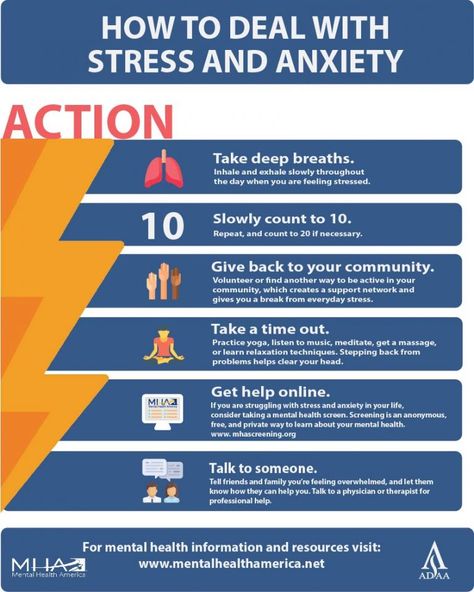 Your hunger cycle peaks about every 90 minutes, but if you ate a couple of hours ago, you probably aren't hungry. (Of course, your nutritional needs may differ if you are an athlete or if your work involves manual labor.) nine0003
Your hunger cycle peaks about every 90 minutes, but if you ate a couple of hours ago, you probably aren't hungry. (Of course, your nutritional needs may differ if you are an athlete or if your work involves manual labor.) nine0003
2. Change the way you eat and drink. Research shows that what you think about food or drink affects the feeling of satiety. In one study, people were offered liquid foods: soup, then a drink. Participants rated the soup as more satisfying despite receiving equal amounts of soup and drink! You'll be more satisfied if you think it's a full meal and not a snack.
In one study, people were offered liquid foods: soup, then a drink. Participants rated the soup as more satisfying despite receiving equal amounts of soup and drink! You'll be more satisfied if you think it's a full meal and not a snack.
3. Choose more filling foods. If you notice that you eat a lot between main meals, try to make the main meals more satisfying. Research shows that feeling full, or full, prevents you from overeating during the day. Include more fiber in your diet, such as fruits, vegetables, and grains. This will fill you up for quite a long period of time. nine0003
nine0003
4. Don't skip breakfast. If you prefer a cup of coffee instead of a healthy breakfast, you should reconsider this habit. A large number of studies show that those who skip breakfast are the most prone to overeating during the day. They are also more addicted to unhealthy foods high in fat and sugar. nine0003
5. Slow down and enjoy. It takes the brain 20 minutes to feel full. If you eat fast, you will eat a lot more because you don't let your brain catch up with you.
6. Put snacks away. Another study suggests that placing snacks and sweets within sight and reach, such as on a desk, increases consumption. Even if you get up, walk across the room to get a snack, it will significantly reduce your desire to eat. nine0003
Method 3. Enrich your daily routine with good habits
1. Get creative. According to a study, an uninteresting activity can actually slow down your creativity in solving problems. If you notice that you are bored, try to focus on something that will stir up your creative mind.
2. Find an activity that will keep your hands busy. Try manicure, needlework or knitting. If you play a musical instrument, this is a great time to practice. You don't feel like snacking when your hands are full.
3. Chat with your friends. Lack of motivation often triggers boredom. When you are bored, you have no incentive to connect with anyone. Connecting with those who matter to you will help you get rid of boredom.
4. Go in for sports. Physical exercise contributes to the release of endorphins - hormones responsible for joy. A brisk walk or a short workout will lift your spirits and boost your energy. Exercising will also help you take your mind off the desire to eat.
Method 4: Become aware of boredom and stress
1. Watch when boredom hits you. Many things can cause boredom. Standing in line at the grocery store or being stuck in traffic are typical situations in which everyone gets bored. People whose job is to perform repetitive tasks without interacting with society can also be prone to boredom. In general, time-stealing situations are more boring than effort-based ones. nine0003
nine0003
2. Be mindful of your body. When you're bored, your body changes posture and head position. Bored people often slouch or lean back in their chairs. Their heads may be down. Other physical signs of boredom are the desire to close one's eyes and drowsiness. nine0003
Bored people often slouch or lean back in their chairs. Their heads may be down. Other physical signs of boredom are the desire to close one's eyes and drowsiness. nine0003
3. Determine how you feel when you are bored. Boredom is more than nothing to do. Basically, people get bored when they want some kind of stimulus but can't plug into reality. Boredom is the feeling of dissatisfaction that comes when you can't take care of yourself or your surroundings.
4. Learn to recognize stress. You may interpret stress as boredom. Stress can also be caused by problems interacting with the outside world, which you define as boredom. If you feel restless or irritated, if you have difficulty concentrating or making decisions, you are stressed. Also take a look at the article 10 best ways to relieve stress.
5. Learn to recognize laziness. When you worry about success in any business, you are exposed to laziness. Work-related stress, such as fear of failure or embarrassment in front of superiors, is the cause of laziness. If you put off doing something, you can fill your time with food. Your food diary will help you know when you're eating because you don't want to do work. nine0003
Recommended to see:
Most often we get bored in the evening, and then every second of us goes to the refrigerator, even if the clock is already after midnight. XSFitness Fitness Trainer talks about how to force yourself to stop eating before bed. nine0003
WE WILL BE HAPPY IF YOU USE THE BUTTONS!
Recommended for you:
What if I told you that you can build muscle while spending less time on exhausting workouts? Or preserve muscle mass by spending less time in the gym? And even become stronger and more resilient by exercising less? "What's the secret?" you ask.
